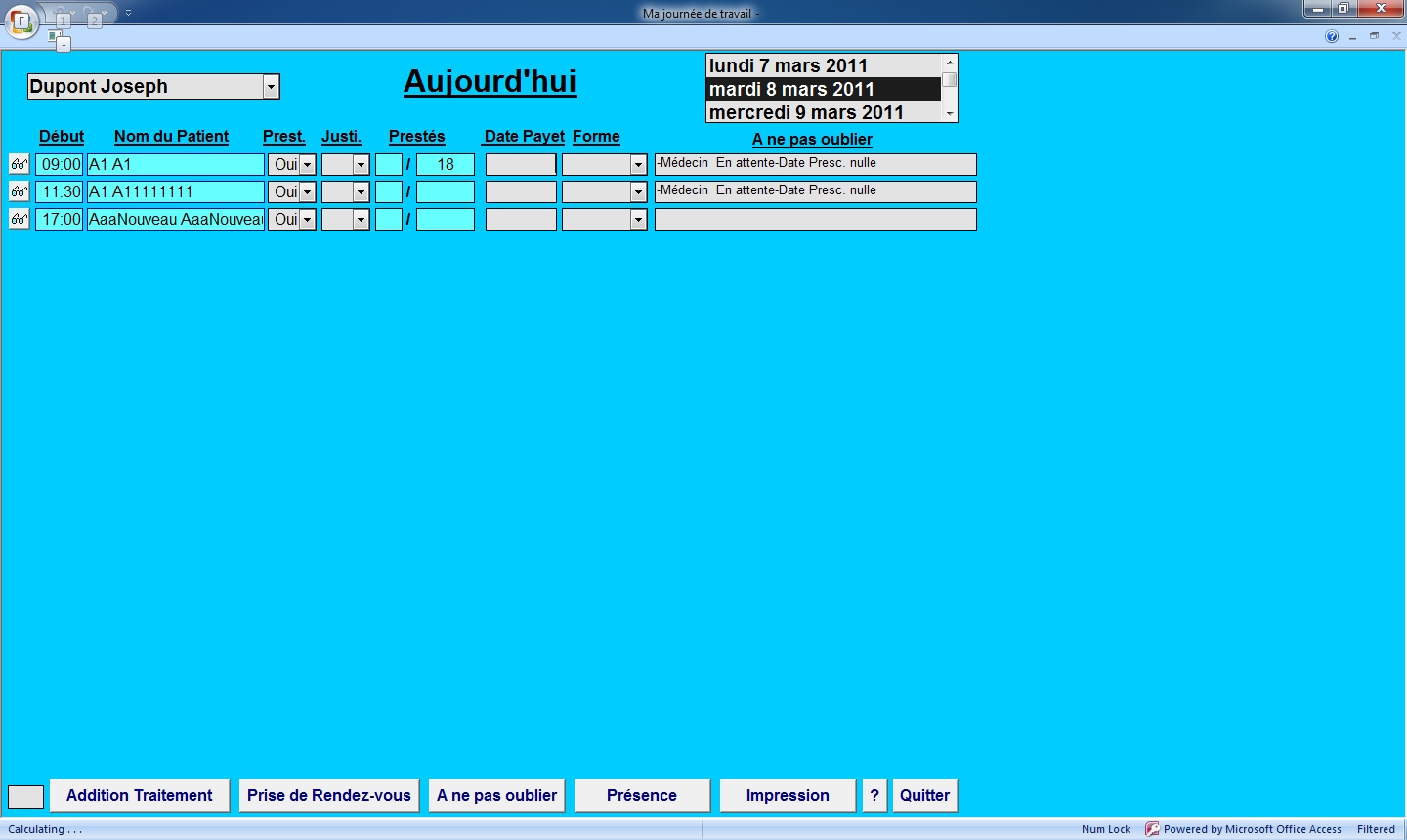

- MS ACCESS 2000 RUNTIME FULL VERSION
- MS ACCESS 2000 RUNTIME FULL
- MS ACCESS 2000 RUNTIME SOFTWARE
- MS ACCESS 2000 RUNTIME CODE
With an MDE your code will still run in its compiled state, but end users won't be able to access or modify it. There is now way to restore an MDE file to an MDB file. Be sure and backup you're MDB file first. Simply select Tools -> Database Utilities -> Make MDE File. To create an MDE file, you don't need a developer tools package. Creating an MDE version of your MDB file actually DOES compile (emit machine code) your VBA modules ONLY, and removes all the human-readable, editable source code from them. Simply create an MDE file version of your application.
MS ACCESS 2000 RUNTIME FULL
Of course, if your users already have a full copy of Access installed on their machines, and you want to distribute a secured version of your application to them, there is no need for the Access runtime version at all. "The Microsoft Office 2000 Developer Edition (ODE) version 1.5 CD and the Microsoft Office 2000 Developer Service Release 1 (MOD SR-1) Fulfillment CD are no longer available through the Microsoft Order Desk as of January 1, 2004."Īll of these tools, however, do pop-up on e-bay from time to time.

Regarding the ODE version, Microsoft has this to say: In the case of the Access Run-time Version "tool", you're purchasing the run-time license.
MS ACCESS 2000 RUNTIME SOFTWARE
The Access developer tools change their name pretty much with each new version of Access:Ī2K - Microsoft Office 2000 Developer Edition (ODE)Ī2k2 - Microsoft Office Developer (MOD) 2002Ī2K3 - Access 2003 Developer Extensions (part of the new Visual Studio Tools for the Microsoft Office System software package). So the "run-time version" of Access that ships with ODE is really only a "run-time license" to distribute Access with certain features enabled/disabled.

Nothing about your application is modified by "packaging" it. This means that if the Access application you distribute with the "run-time version" of Access isn't secured, and the end-user installs a full-version of Access on the machine, they will be able to modify your data and application objects. If they don't, the licensing key gets updated to indicate that the user will be running MSACCESS.EXE in run-time mode (certain windows, toolbars, menu items and keys are hidden or disabled). Then the Windows Registry licensing key gets checked to see if the user has a copy of Access installed. However, when you distribute the MSACCESS.EXE with a copy of your application (via the Package and Deployment Wizard), some of the features of the Access engine a simply disabled on the end-user's machine.ĭuring deployment, a copy of MSACCESS.EXE gets placed on the end-user's machine.
MS ACCESS 2000 RUNTIME FULL VERSION
Being able to distribute the "Access Runtime" simply means that you have a license to distirbute the the MSACCESS.EXE file, which is the exact same engine you use to build your Access application using your full version of Access.

mde file format) along with a copy of the Access Runtime version. You can however, "package" an Access application (usually in. your standard executable file that a machine running 32-bit Windows would be able to load and do something with. There is no way to "compile" or "build" (via a VBA or Access "compiler") an Access project into a standard Win32 PE (portable executable) file, i.e. Quote:I have been told by IT there is a way to "compile" frontends, and distribute to some of the systems, as long as we have some machines running Access.


 0 kommentar(er)
0 kommentar(er)
